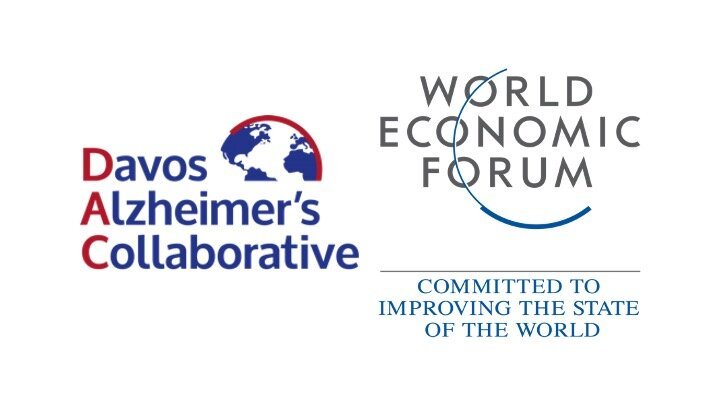Advancing Global Collaboration on Alzheimer’s Disease, Brain Health, and Healthy Aging: Five Bold Actions to Launch the Next Phase of G7 Commitment
CALL TO ACTION
As the G7 Health Ministers convened in Ancona, Italy, the G7 nations had an historic opportunity to open a new chapter in the global response to Alzheimer’s disease – harnessing recent breakthroughs to transform life-long prevention, diagnosis, and treatment for the more than 55 million people living with Alzheimer’s and related neurological disorders worldwide.[i] While we applaud the Ministers of Health for highlighting the importance of developing national action plans that adopt integrated approaches to dementia during the G7 proceedings, greater focus, detail and effort is needed.
We believe that the G7 nations must more clearly prioritize collaboration, investment, and policy action and ultimately lead global progress against this fast-growing health, economic, and societal challenge. Decisive action would extend more than a decade of G7 leadership on Alzheimer’s and mark a turning point at a critical period for the field. In 2013, the G8 set the target of identifying a disease-modifying therapy by 2025;[ii] in 2024, we now have not one, but multiple disease-modifying therapies proven to deliver meaningful benefit. It’s now time to elevate the G7 target for a new era, drawing on more precise scientific understanding of the disease, blood-based biomarkers and other detection tools, global prevention strategies that include addressing mid-life risk factors, emerging therapies for pre-symptomatic treatment, and other advances that enable a far stronger response to healthy aging, brain health and Alzheimer’s disease.
Today, impact lags behind innovation, as the vast majority of people living with Alzheimer’s cannot access these new therapies and tests, especially in the early stages most likely to maximize benefit. This current course is unsustainable in our aging world, as the prevalence of Alzheimer’s disease and related neurological disorders is projected to rise to 139 million in 2050, at an annual, global cost already surpassing $1.3 trillion and reaching $2.8 trillion by 2030.[iii]
Brain health warrants clear focus and sustained investment at the top of the G7 agenda for the wealthiest, most powerful – and oldest – countries in the world. It’s fitting that the meeting of G7 Health Ministers is held in Italy, home to a “super-aging” society with more than 20 percent of people over 65 years old.[iv] Countries are rapidly aging around the world, as the number of people 60 years and older is projected to grow from more than 1 billion today to over 2 billion by 2050.[v]
The 2023 G7 Health Ministers’ meeting in Japan drove progress by emphasizing the importance of diagnostics, treatments, and innovative healthcare solutions, but G7 nations must go further, muster their resources, and commit to a new, shared targets.
Leading organizations in the Alzheimer’s and aging fields call on G7 nations to take five high-level actions that will transform the global response to Alzheimer’s disease, healthy aging and brain health:
Expand Global and Cross-Sector Collaboration: Global and cross-sector partnerships are crucial to driving innovations in the field. Cooperation between governments, the private sector, scientific communities, philanthropic foundations, international organizations, and others must be scaled to ensure that breakthroughs reach those even in resource-constrained environments. The G20 Joint Finance-Health Task Force on pandemic prevention and preparedness model should be considered for tackling Alzheimer’s disease and driving healthy aging commitments across the globe.
Invest in Healthcare System Preparedness: Governments must strengthen healthcare systems with the resources, capabilities, and pathways to harness the latest tools, from cognitive screening and early detection, through accurate diagnosis, to precise, effective prevention, healthy aging strategies, treatment, and care. Investments will not only benefit people and families today; they will prepare healthcare systems to speed access to new solutions as they emerge in the years to come. There is an opportunity in 2025, when the Heads of States, international organizations and others will come together to set a vision to prevent and control NCDs towards 2030 and 2050 through a political declaration to be decided in the UN General Assembly. Alzheimer’s and brain health across the lifespan must be a central focus of this commitment.
Build the Capabilities for Early Detection and Accurate Diagnosis: There is growing consensus that early action represents the most promising path to address Alzheimer’s disease, potentially even before symptoms emerge. Enabling early action at scale will require significant efforts to streamline detection and diagnosis, using blood-based biomarkers and other technologies, beginning at the primary care level and reaching throughout the clinical pathway.
Accelerate the Development and Delivery of Alzheimer’s Interventions: New disease-modifying therapies bring great promise, but they must be paired with the right policies and capabilities for widespread access early in the disease. Most countries today do not have access to these therapies. And where these therapies are approved, payers often create impossible barriers to reduce access. Moreover, governments, regulators, payers, and industry must also begin to consider the prospect of therapies for prevention in preclinical populations, which offers enormous potential but also requires proactive planning for streamlined approval and delivery.
Foster Research, Access, and Equity Worldwide: Governments, researchers, the private sector, and other stakeholders must ensure that Alzheimer’s breakthroughs are aimed at people in every country and community. This starts with research in diverse, global populations, working towards scalable solutions and strategies that are effective and accessible for countries at all resource levels.
Now is the time for action. Recent and ongoing advances finally provide our world with the tools to shift the landscape for Alzheimer’s disease. With its wealth of resources and expertise, the G7 is ideally positioned to – once again – lead the world towards a compelling vision for the future of brain health and healthy aging.
The under-signed organizations and leaders call on the G7 nations to take bold action:
Alzheimer’s Research UK
Alzheimer’s Society of Ontario
Alzheimer’s Disease International
Associazione Italiana Malattia di Alzheimer
Brain and Mind Institute
Davos Alzheimer’s Collaborative
European Brain Council
Fondazione Prada
Initiative to Change the “D-Word”
Ontario Brain Institute
The Global CEO Initiative on Alzheimer’s Disease
UsAgainstAlzheimer’s
Voices of Alzheimer’s
https://www.who.int/news-room/fact-sheets/detail/dementia
https://www.thelancet.com/journals/lanhl/article/PIIS2666-7568(21)00145-8/fulltext
https://www.alzint.org/about/dementia-facts-figures/dementia-statistics/
https://data.worldbank.org/indicator/SP.POP.65UP.TO.ZS?locations=IT
Thank you to our partners!
Thank you to our sponsors!



